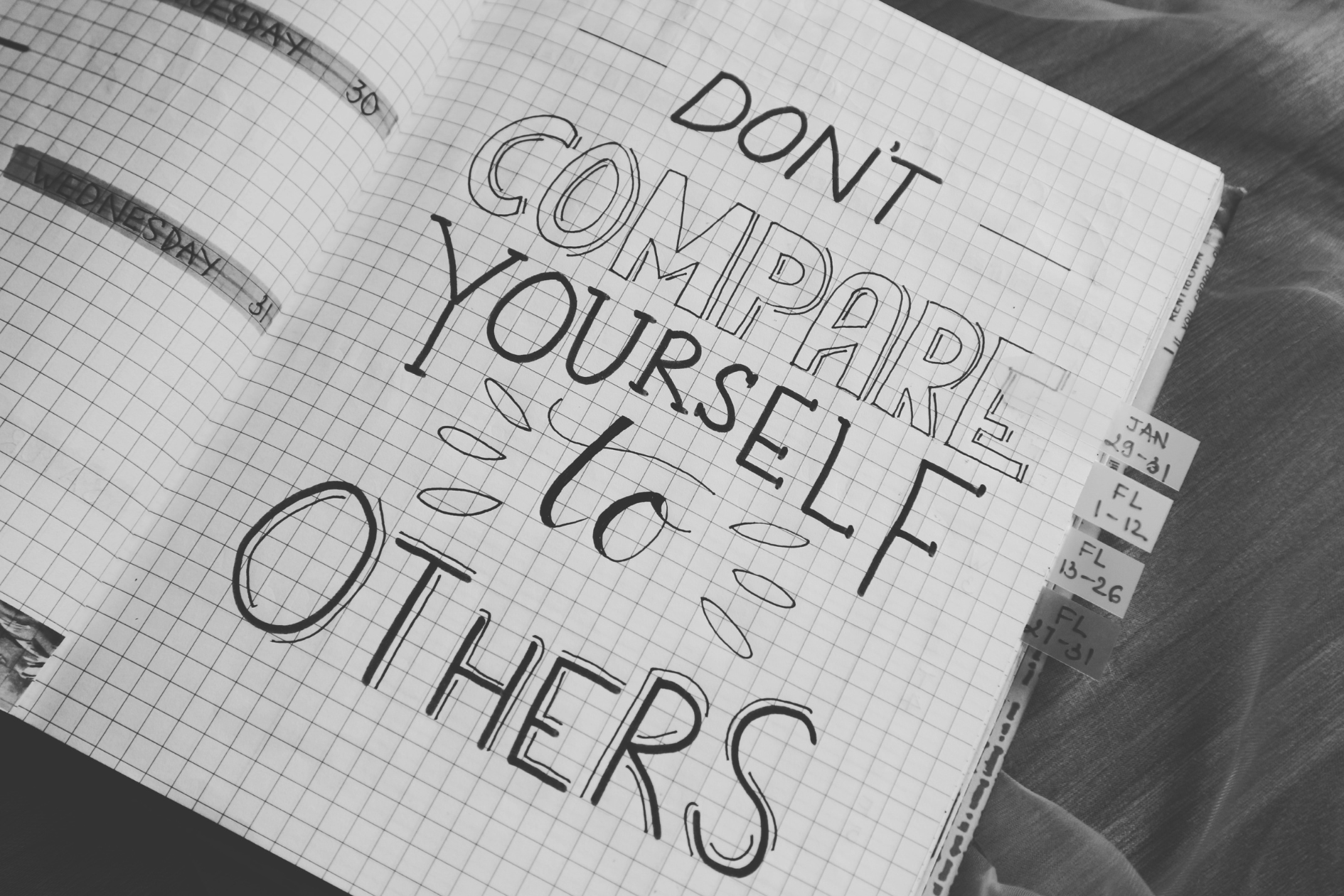I think of self-discovery as being my most authentic true self - living my most authentic true life. AND, if you don't know what that looks like - that's OK. You're a perfectly imperfect work in progress - learning and growing every day.
As I work to find ME again, our February curriculum topics offer the perfect 3 tools for discovering your true self. Maybe they'll help you in your journey of self-discovery, too?
WHAT BRINGS YOU JOY? Feeling joy is a boost to your soul, connects you to others, and can be contagious. You are worthy of experiencing joy, from small moments to major life events. Show the world you can be joyful.
IDENTIFY YOUR STRENGTHS. You are a unique person with many strengths, some of which you may not have even discovered yet. Cultivate your interests and abilities because they help you to be resilient, well-rounded, interesting and an interested individual. Be confident in who you are and what you can do. It makes you different and special!
HOLD SPACE FOR SELF-COMPASSION. You are as deserving of compassion and love as those to whom you give your compassion and love. We grow and improve ourselves by making mistakes. So instead of beating yourself up, just figure out what lesson can be learned and move on. By showing yourself compassion, you increase your capacity to give compassion to others, so everyone wins!
Check out our entire February newsletter focused on SELF-DISCOVERY here!
Read More




















